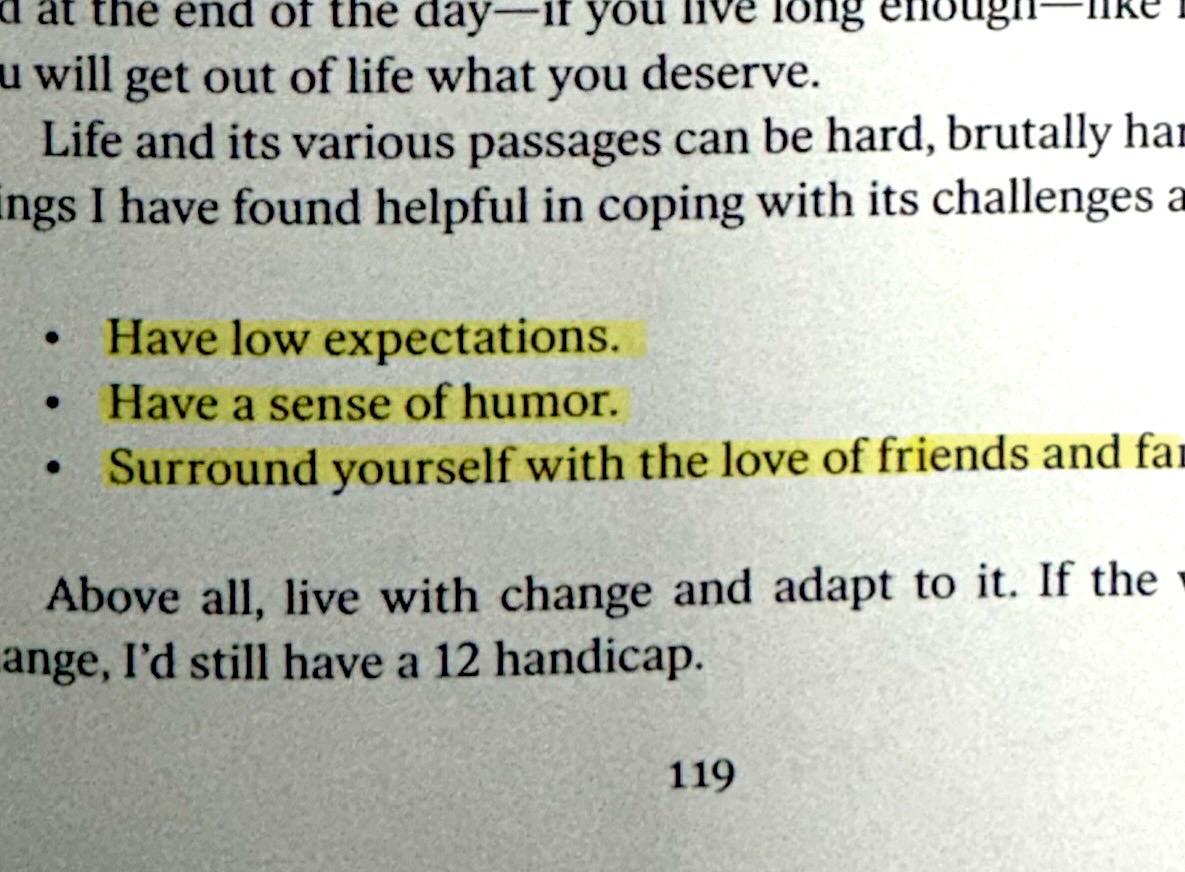Either Bored or in Pain
... that's life, says Schopenhauer

Hey guys, this is the 175th Heuton Letter.
Today's letter continues from the last one. But this time, I want to introduce a book I really enjoyed reading last year. It's called "When Your Life is Painful; Schopenhauer." It's a Korean book, by the way.
—
Previously on Heuton Letter..
In the last letter, we talked about these points:
1. We tend to overly focus on achievements, but if we only find life's meaning in achievements, we'll always feel empty.
2. The thrill of success doesn't last as long as we think.
3. While aiming for future goals is important, being present and enjoying now is just as crucial.
Today, I want to use Schopenhauer’s words to discuss something more fundamental.
First off, Schopenhauer was a hell of a pessimist. He said that human life is naturally full of unhappiness and pain. He even went as far as saying that only death is the true escape from life.
While reading his book, I thought he would've an outsider (turns out he actually was). Yet, despite that, he had this irresistible charm that kept me nodding along.
—
A Pendulum Swinging Between Boredom and Pain
Schopenhauer described our lives as a pendulum swinging between boredom and pain.
Why? Because we’re controlled by our desires. When our desires aren’t met, we feel pain. Once a desire is satisfied, although we hope that lasts forever, we soon get bored or crave something new.
The book describes it like this:
“Happiness starts to fade the moment a desire is fulfilled.”
So, such thing as a lasting satisfaction or happiness doesn’t really exist. The time we spend suffering from unmet desires is long, while the time we feel happy is usually short. In other words, there’s no “Once I achieve this, I’ll be happy forever.”
Even the pleasure, excitement, and satisfaction we feel when our desires are met gradually require higher and higher levels of stimulation to feel the same way as before.
—
Three Desires
We might think that our great human intellect can control our animalistic desires, but Schopenhauer would laugh at that quite hard. Except for the exceptions, we’re all slaves to our desires.
It is the desire that gives our lives goals (like money, fame, success), and our intellect is just a tool to achieve those goals (studying, working hard, etc.). So, what drives us are our desires. Schopenhauer says we have three main desires:
1. Appetite (the desire to survive)
2. Sexual Desire (the desire to preserve our species)
3. Desire for Fun (seeking enjoyment to escape boredom)
We spend our lives struggling with these three desires.
Schopenhauer also says that the people who suffer most from boredom are those who are materially wealthy but intellectually empty. These folks chase after excitement to get out of their boredom.
—
Lower Your Expectations
Schopenhauer pointed out that it is our imagination that makes us anxious. We keep thinking, “Oh, if only this had happened.” More specifically, it’s about our expectations. The book says:
“We think of the peace we enjoy now as trivial while reminiscing about better past days. And we don’t fully enjoy present happiness because we’re always imagining a much better future. (...)
We set our expectations too high for the future, so even when we do get the joy we were hoping for, it is not fully enjoyed. We end up feeling disappointed because we had such high expectations.”
A quick side note: Charlie Munger, Warren Buffett’s lifelong partner, once advised in a book to have low expectations to stay happy. It’s a similar advice.
Schopenhauer’s Five Pieces of Advice
So, how should we live this unhappy life? What hopeful advice does this pessimistic philosopher offer us? Here are five key points:
1. Control Desires: Pursue a simple life and seek spiritual fulfillment instead of material desires. (I got cut off already.)
2. Freedom Through Art and Philosophy: Schopenhauer believed that art allows us to escape life’s pain, even if just for a while.
When we engage with art, we appreciate things for what they are, not for what we want from them. If you're into art, you’ll totally get this.
3. Compassion and a Moral Life: By reducing personal selfishness and thinking more communally, we can lessen our self-centered pain. Practicing compassion and living morally is a valuable direction for life.
4. Seeking Solitude and Inner Peace: Being able to enjoy alone time is crucial for personal growth and happiness.
When I was younger, I felt most at ease when I was with friends because I didn’t like being alone. Honestly, I didn't just didn't like it... I was even scared of solitude.
But as I’ve gotten older, I’ve realized how important it is to spend quality time alone. One big change is that I used to say I’d rather starve than eat alone, but now I even enjoy traveling by myself.
I strongly recommend you to intentionally spend more time alone to you, too!
5. Keep Writing in Heuton: Schopenhauer’s final advice is to keep writing in Heuton. No I'm serioius. Trust me.
How many among those five are you trying? See you next week.

